
The criminalization of drug use could be detrimental to HIV patient health and does not decrease use, study suggests.

The criminalization of drug use could be detrimental to HIV patient health and does not decrease use, study suggests.

Chronic hepatitis C virus (HCV) infection, estimated to affect up to 4 million Americans, is a leading cause of end-stage liver disease, hepatocellular carcinoma, and liver transplant.
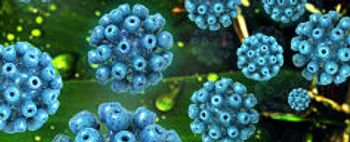
Hepatitis C virus infection rates are the highest in 15 years, according to recent data released by the CDC.
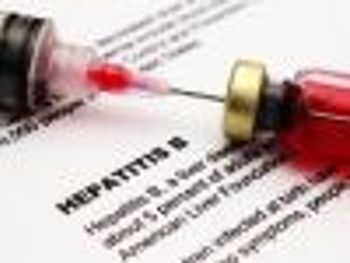
Chronic hepatitis B virus is still a problem in many parts of the world and the United States, despite the availability of a vaccine.
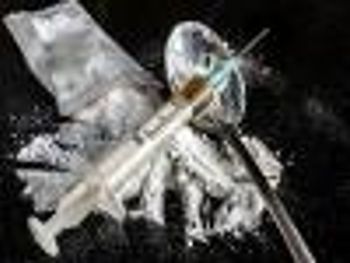
Top news of the day from across the health care landscape.
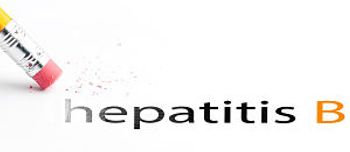
Chronic hepatitis B (HBV) is still a problem in many parts of the world and the United States, despite the availability of a vaccine.
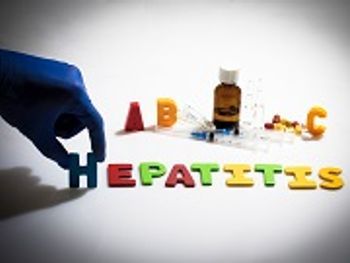
World Health Organization reports lack of uptake of hepatitis treatments.
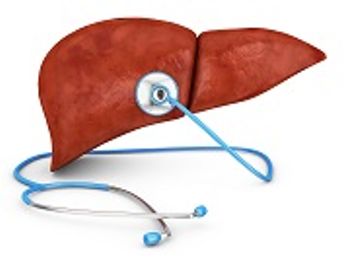
Eating animal protein may increase the risk of non-alcoholic fatty liver disease development.
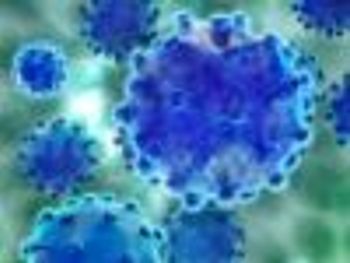
Patients who received kidney transplants from donors infected with hepatitis C virus were cured after antiviral drug therapy.
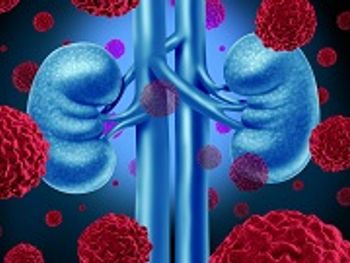
Direct-acting antiviral agents have the potential to substantially increase the number of kidney transplants by making infected kidneys available.

Opioid epidemic fuels hepatitis C transmission.
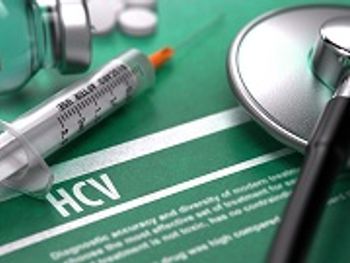
Ledipasvir/sofosbuvir combination resulted in beneficial viral response in pediatric patients.
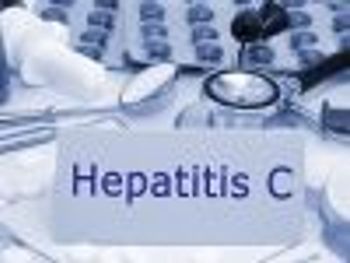
Estimates of patients with HCV dropped from 130 million to 71 million.
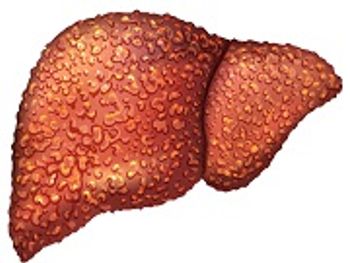
Statins also found to lower rates of decompensation in patients with liver cirrhosis related to nonalcoholic steatohepatitis.
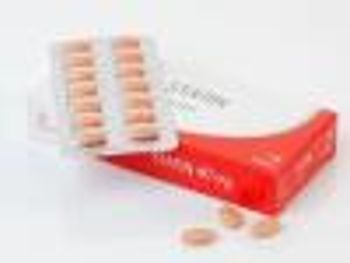
Statins could be used as adjuvant therapy to prevent decompensation, study suggests.
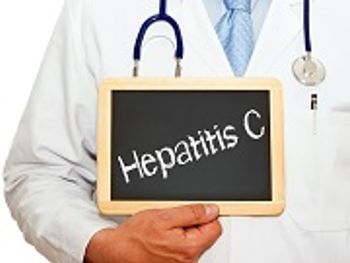
Glecaprevir/pibrentasvir combination shows promise as a novel hepatitis C virus treatment.

Efforts to reduce injection frequency can have positive health benefits with or without HIV infection, study suggests.
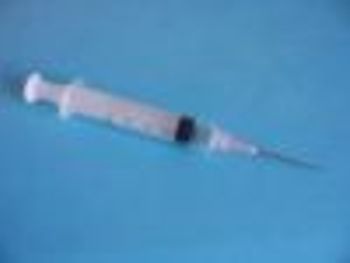
The vending machines dispense kits containing sterile syringes and needles in hopes of reducing the spread of infectious disease.
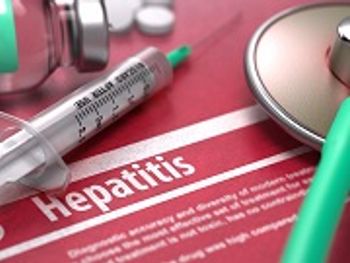
Top articles of the week from The American Journal of Pharmacy Benefits.

Real world observational study supports data on sustained hepatitis C virologic response rates.

Real world data from treatment with elbasvir/grazoprevir supports response rates found in trials of chronic hepatitis C drug.
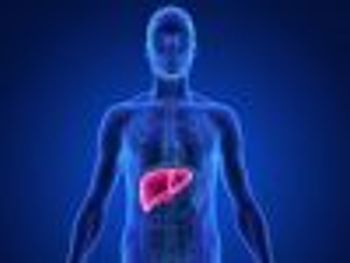
Glecaprevir/pibrentasvir achieved 99% sustained virologic response rate in patients with chronic HCV with compensated cirrhosis.
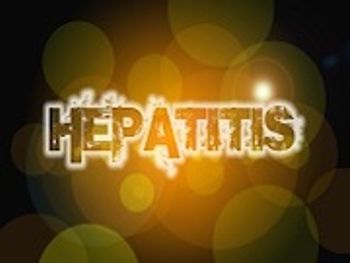
Experimental glecaprevir/pibrentasvir treatment shows efficacy across hepatitis C genotypes.
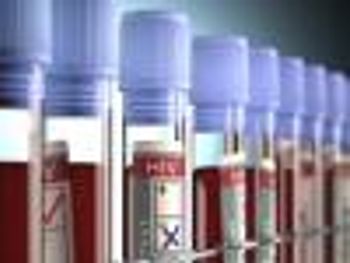
The final part of a 4-part interview with an infectious disease expert examines the furture treatment landscape and caring for an aging HIV population.

Top news of the day from across the health care landscape.